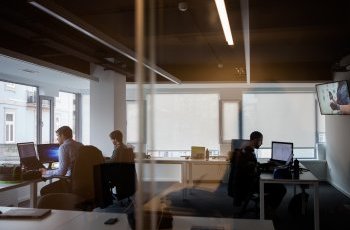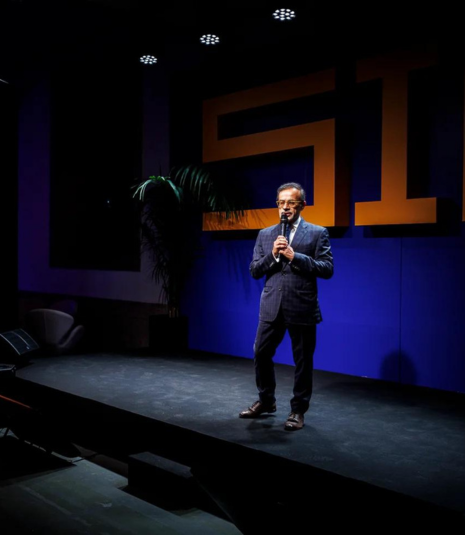Critical Software joins the first British mission to remove space debris

SapoTek
· 04 Oct 2022
The conception phase of the project, which brings together eight other companies, runs until 2023. The Portuguese company was already leading the development of one of the ESA's project support systems with the same purpose.
Critical Software is one of the nine companies chosen by the United Kingdom's Space Agency to take part in a mission to remove debris from space, which is already in its conception phase.
The Portuguese technology company is part of a consortium of nine companies, ClearSpace, led by the British unit of the company with the same name, and will be responsible for the supply of specialised services for equipment control, detection and recovery of system failures.
In October last year, the British Space Agency chose the ClearSpace consortium to carry out a feasibility study for the mission, which aims to remove at least two abandoned satellites from low-Earth orbit, if all goes well, in 2026, according to the official note.
In the first phase of the process, as Critical explains, the consortium companies explored different mission scenarios, defined the requirements and selected the technologies needed to implement the mission. A new contract was awarded in March of this year, only revealed now, for the consortium to move on to the design phase of the Clearing the LEO Environment with Active Removal (CLEAR) mission, which will last until 2023.
The satellites that will be the target of the British mission have been inactive for more than 10 years, at an altitude of 700 kilometres, and if they are not removed they could remain in orbit for a century. The removal will be a way to safeguard the safety of other active satellites and reduce the environmental impact of operating Earth observation systems, which is growing at a rapid pace with the proliferation of location-based services.
"We are excited to join ClearSpace as part of this pioneering consortium. There are over five thousand non-functional objects orbiting the Earth and over three thousand active satellites," stresses Rodrigo Pascoal, Business Development Manager at Critical Software. "With the density of this space traffic increasing, the removal of these objects is increasingly important to help protect satellites from collisions," he adds. The estimated number of debris in Earth orbit (some multiplied by the effect of collisions) is far greater and may already be around 130 million, say the Brits.
The project for the British Space Agency is being carried out from Portugal in conjunction with Critical's UK office. The company believes that debris removal will become the fastest growing in-orbit service (IOS) segment in the coming years.
The European Space Agency has also already scheduled its first mission in this area. It is planned for 2025 and has the participation of four Portuguese companies. Critical Software and Deimos are leading the development of two subsystems of the mission.
The 86 million euro mission is also led by ClearSpace and also involves, besides Portugal, companies from Germany, Sweden, Poland, United Kingdom, Romania and the Czech Republic.
In 2025, the plan is to go into space and bring to Earth a conical piece weighing 112 kilos and the size of a small satellite (two metres in diameter and 1.6 metres high).
A remotely controlled vehicle from Earth will be launched and guided until it reaches the Vespa, which has been in orbit since 2013. With the help of four robotic arms it will grab the debris and, using its propulsion, will descend in a controlled manner until both safely disintegrate into the atmosphere, it was explained at the time.
Critical Software is leading the development of the on-board software, as well as the systems that will manage the capture of the Vespa, the detection and recovery of system failures, the control of the equipment and the thermal and energy management of the spacecraft.
Deimos Engenharia leads the consortium, which also includes the Portuguese companies Lusospace and ISQ and which is developing the Guidance, Navigation and Control (GNC) systems that will command the satellite's movement, a kind of "automatic pilot" of the satellite. The consortium will also be responsible for carrying out tests to support Clearspace in assembling, integrating, testing and operating the mission.
Rodrigo Pascoal explained to SAPO TeK that, besides these two projects (CLEAR and ClearSpace-1), Critical is working on a third project in the same area, the Encore. This is "the life extension of a commercial satellite in GEO orbit, currently in phase B (Preliminary Definition)". Encore is also supported by the ESA and scheduled to be launched in 2027, dependent on mission approval.
The ClearSpace-1 mission, on the other hand, is currently "entering phase C/D of the mission, that is, the Detailed Definition, Qualification and Production phase", detailed the same responsible.




